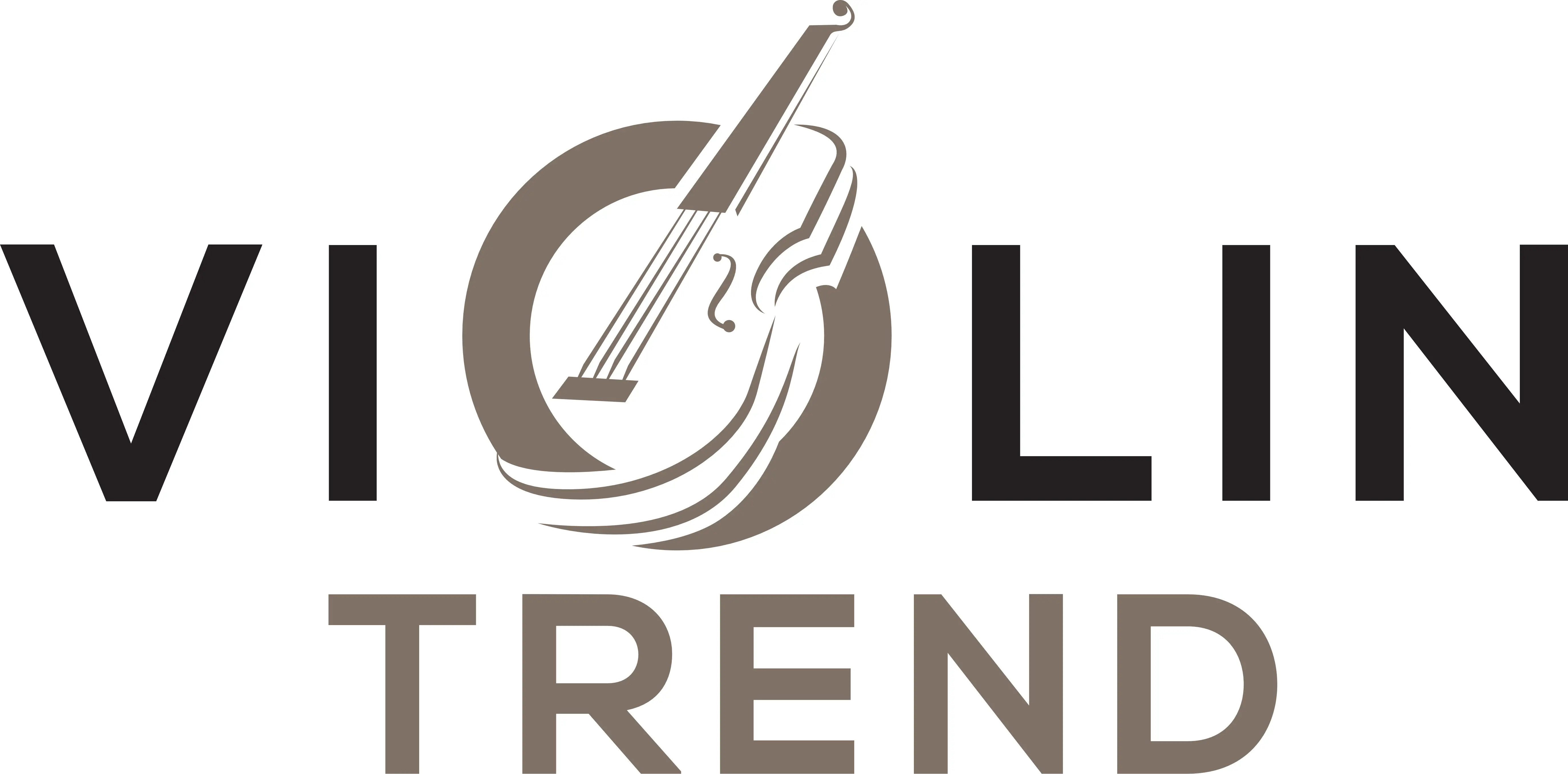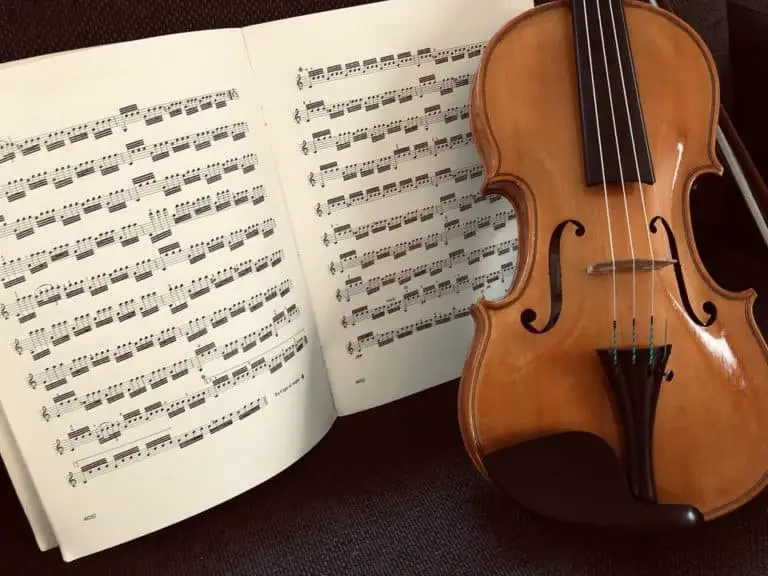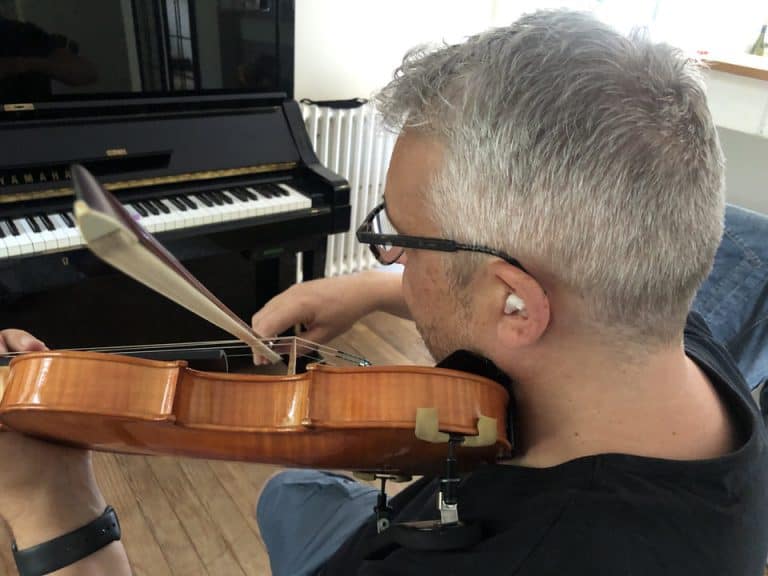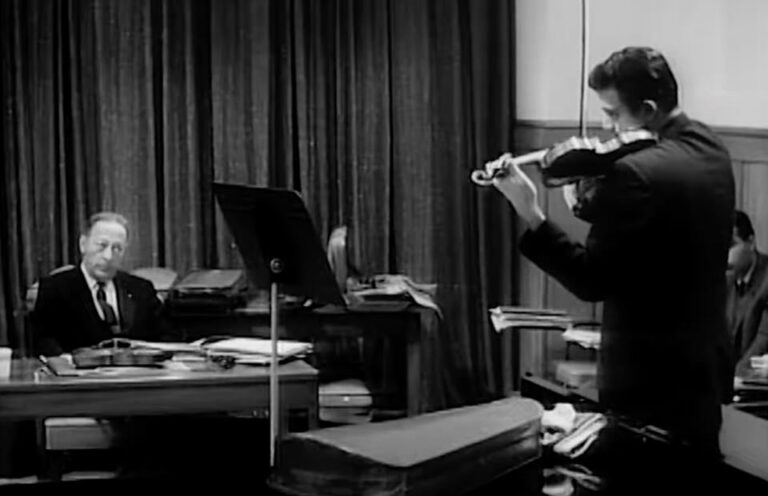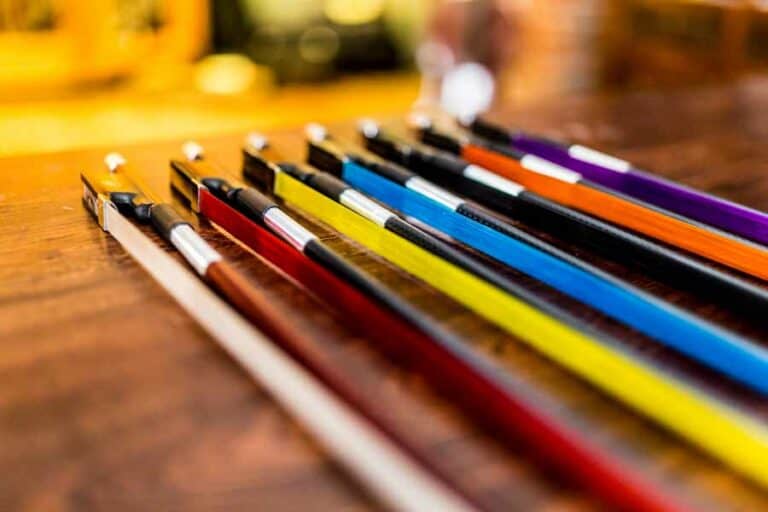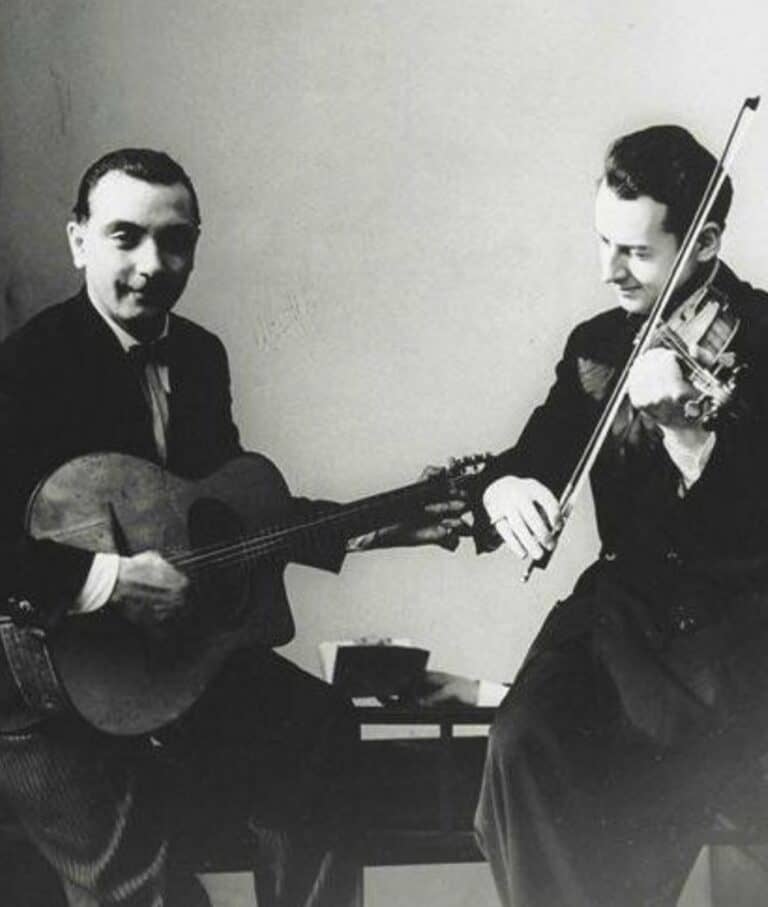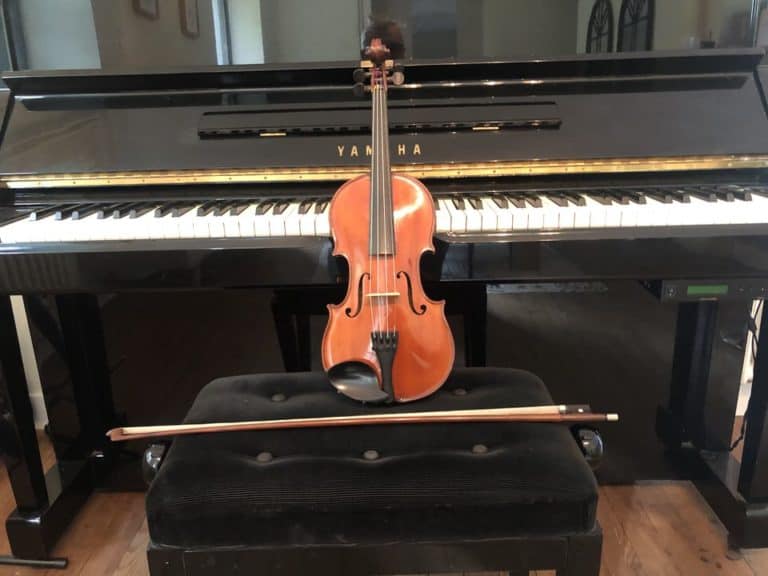6 Important Tips to Learn the Violin Easily: Get a headstart!
The violin is a complex instrument. It’s been said over and over again. Yet, it is a fascinating one because of its sound, history, and myths. And it is quite rewarding to play the violin: there is so much prestige!
I am sure I can prove to you that, despite all that, the violin can be learned more easily. That it is possible to learn the violin without too much hassle. Here is what I would do if I had to start the violin again in a more effective way so that you or your child can start confidently.
Is the violin a difficult instrument?
Many are afraid of the violin for many reasons. I am trying to prove to you that you shouldn’t be afraid of it. Yet let’s not overlook that:
1- The violin is difficult because you have to produce the sound with the bow in a regular motion. If your bow arm hesitates, the sound will scratch or squeak. It takes practice to apply the right pressure and choose the right speed to get a good sound. (I give many details in this article.)
2- The violin is difficult because you have to create the notes. There is no key to press. When you press on the string, you have no frets nor any indication if it is the right spot. Your ear is the only judge. That’s why it takes time to play in tune on the violin.
So those are the main reasons the violin is difficult to learn. But those shouldn’t deter you as there are shortcuts that help simplify the learning process. Here they are.
Tip #1: Talk to someone savvy about the violin
Even if you plan to learn the violin by yourself, talk to someone to get advice: you shouldn’t be all alone.
A friend
It is of great help to have a friend that knows something about violin playing. He or she will give you advice, inspiration, and motivation.
A violin maker
Your local violin maker or luthier can be of great help as well. For sure, your luthier won’t explain everything and will try to sell you something… But that person will have an open door and knows many people who: give lessons, have an instrument to sell, an instrument to rent, give concerts or seminars. It is often the center of your local violin “hub”.
A music teacher
If you want to learn the violin easily, or in an easier way, I would choose to learn with the help of a teacher. Try a couple of them and make sure that you are in the same spirit about music. That musical relationship must be rich.
You don’t know what you don’t know. And even if you don’t plan to take lessons all the way, it is important to get guidance.
A teacher will alleviate the principal difficulties that we quoted earlier:
- a teacher will help you understand how to produce sound and get a good tone;
- a teacher will help you play in tune by being your ear before you develop yours.
And he or she will give you motivation in your FUD moments and a much-needed deadline when you never feel like finishing learning that tune!
The last advantage of telling someone: it will naturally hold yourself accountable. If you ever feel like quitting, you will get that extra boost of will. You won’t dare admit you fail and will just survive that FUD period.
Tip #2: rent your first violin
Again, your local dealer or your teacher will be of great help. Keep in mind that:
- The violin is an instrument that gets better when aging;
- An expensive instrument will give a better sound than a cheap one.
For the previous reasons, I will give you the advice to rent your instrument at first.
There is absolutely NO advantage in owning an instrument, let alone owning a brand new one.
If you rent, you will get a better instrument with almost no money down. It is far more rewarding to play a better instrument.
If you succeed in learning the violin, which I do not doubt, you will have plenty of opportunities to buy an instrument later.
Your teacher, friend, or luthier will help you choose an instrument that matches your style and your personality.
Tip #3: Begin with an electric violin or an electric fiddle!
You can try with an electric violin if you don’t plan to play classical music early on.
The electric violin has several advantages over its cousin, the acoustic violin.
- It is easier to get a decent sound on an electric violin,
- It is easier to play softly, or with headphones and not disturb your family or the people you live with.
- It allows you to enjoy modern and fun sounds from day one. You can play with effects like reverberation, saturation, chorus, and so on. You will enjoy your playing more and will feel proud to present that to your friends!
- An electric violin will be easier to bring along with bands when you will play your first gig. You will be able to play more styles: rock, blues, folk, jazz, country… An electric violin is also an electric fiddle!
All that, unless you want to learn classical music, in which case an acoustic violin will be the only choice.
Now you have 1) some help, 2) a rented violin, 3) an electric violin. If you want to learn the violin easily, you need:
Tip #4: Practice every day
There is a crucial missing part in our plan to learn the violin easily: practice. Even if I promise you a more easy path, you still need to work or play, as you want to call it.
There is a way to maximize your results while minimizing your efforts. I have detailed how to practice effectively in a lengthy blog post. But in a nutshell, we should understand a handful of key principles:
- regularity is the only option,
- always practice with plain concentration.
When we learn an instrument, it is counter-intuitive: we don’t exercise our hands, we exercise our brain. That is why little work is better than more. We should stop practicing:
- whenever we are bored,
- whenever our mind starts to wander,
- when we feel sleepy or tired.
In those instances, our mind isn’t in control anymore: we are not wiring our brain.
Learning is re-wiring our brain. So it won’t be of any help to practice for 3 hours straight on Sunday and leave our violin alone for the whole week. Playing for 3 hours for a beginner will create tension. And days without playing will make you forget all the benefits of your past hard work.
In conclusion: play the violin for half an hour every day. And if you want to play more, try to play an additional 20 minutes another time of the day. That way, you will get all the benefits of your routine and make great progress quickly.
Tip #5: Play with someone
In the same way, I have advised getting help from someone from the start, I encourage you also to play with someone early on.
Whether it’s a violinist or not, your fellow musician will give you plenty of advice. And you will get the feel for what it is to play a tune. You will get accountable for what you play, again, which will give you an extra boost of energy and confidence. You will grab good habits rhythmically; your playing will fall in place.
This is what music is all about: playing with someone, and if possible, in front of an audience. This is the true essence of violin playing. And if you want to make fast progress, playing for people will help you achieve your goals quicker.
Even if your performance only consists of accompanying your local band in your local pub: this is not the time when you need to be in the center of the stage. On the contrary, try to play with people better than you and get the feeling of it.
Tip #6: Buy the right gear
Buy the right gear but do not get obsessed with that. Playing well is the most important part here. If you rent your violin, it is easy to give it back to get a better one. If you’ve ordered an electric violin, you can always sell it on Craig’s List and upgrade. You will first get help from your friends and luthier; then, you will get a feel for your instrument, judge yourself, and know when it is time to upgrade.
Get a good violin tuner, it is important from day 1. It will help you play in tune.
Get a good enough bow. Use good quality rosin, and put enough rosin (too much is preferable to too little).
Have a look at the gear I use and recommend for beginners to advanced violinists.
So how long will it take to learn the violin? I would say, anywhere from 1 to 4 years. You can play easy tunes with confidence on the piano or the guitar after six months; you can double that on the violin. But again, if you follow the steps, a year is not that long in a life’s perspective and you will be proud and happy you started and enjoy the result: you are now a violinist!
